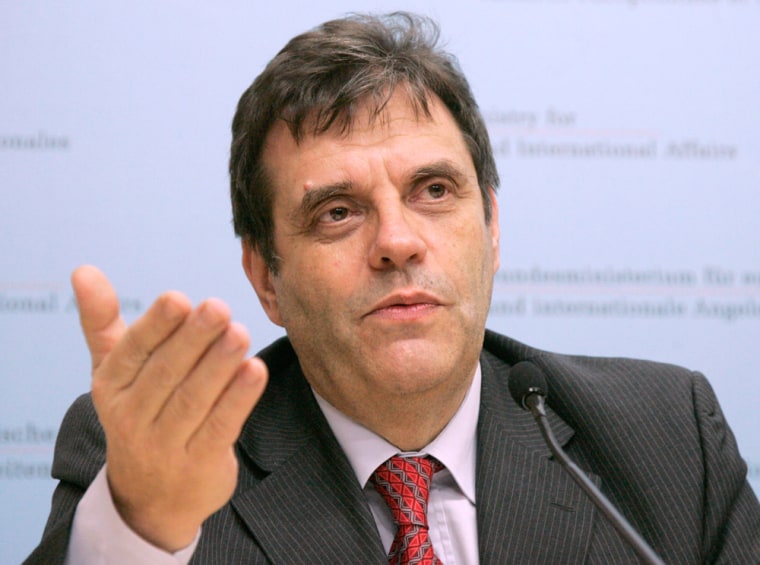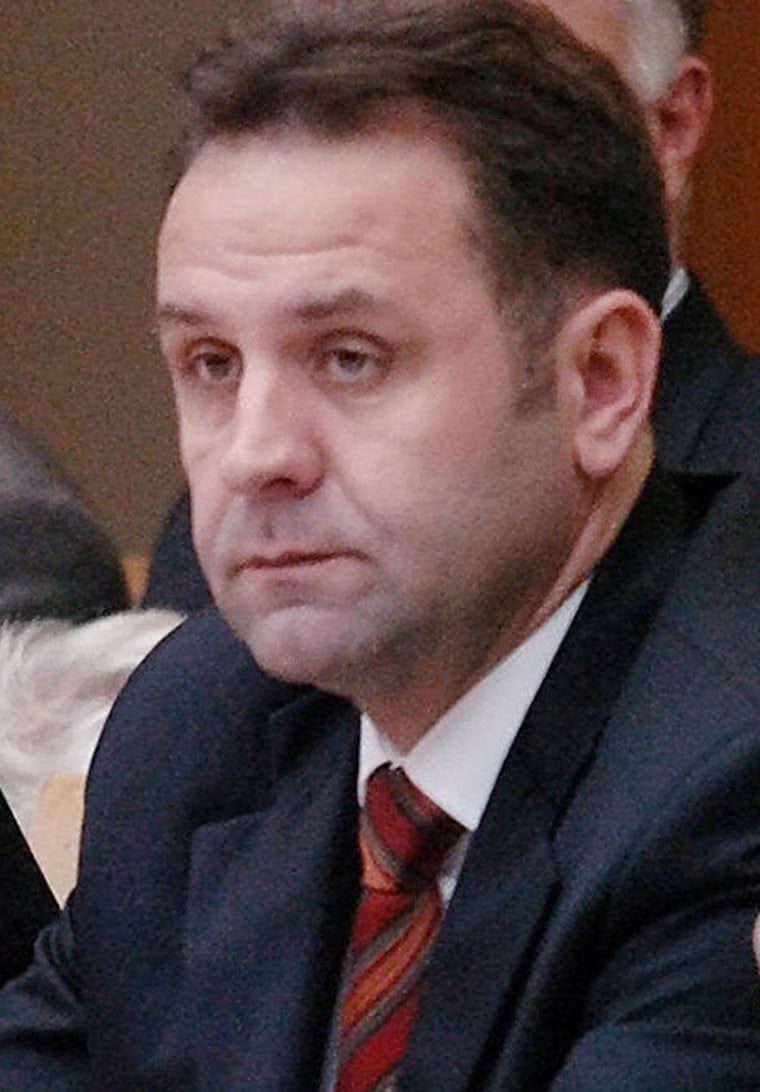Our report last week on the plight of thousands of children and adults in Serbian mental institutions struck a strong chord across this country and worldwide. Some people were living in conditions that one rights organization has described as tantamount to torture.
The images in our report were difficult to watch, but they touched a nerve -- provoking outrage from human rights advocates around the world. And they got the attention of the Serbian government, which is now feeling pressure to change the way it cares for people with mental disabilities.
What prompted the outcry were images of grown men confined to cribs, and women crowded in the same stark room day after day.
Children, some with Down syndrome and cerebral palsy, were tied to railings, their growth stunted by their confinement to cribs.
Today in Belgrade, members of the European Committee for the Prevention of Torture, as well as the U.S. Ambassador to Serbia met with Serbian officials to asses the situation.

The Serbian government now says it is forming a task force to investigate these institutions. But the government is also giving mixed signals. A statement issued by Prime Minister Vojislav Kostunica called the reports of widespread neglect “incorrect and systematic propaganda against Serbia."
That's much different from what we heard during our investigation from a Serbian minister overseeing some of those institutions. Rasim Ljajic, Minister of Labor and Social Policy, did not dispute the problem.

“Of course it is unacceptable,” Ljajic told NBC News. “I will agree with you hundred percent assessing the situation.”
The minister told NBC News the new government inherited the problem. He now says reforming these institutions will be a top national priority and that he'll work to get the money to do it.
Ljajic and other Serb officials dispute the language used by rights groups calling some conditions in Serbia’s mental institutions a form of torture, saying that there is no malicious intent involved.